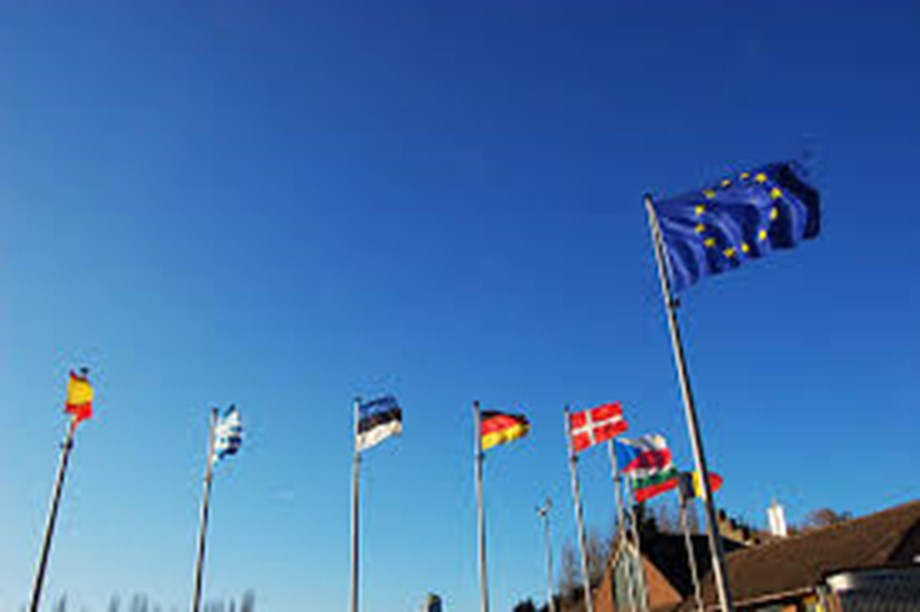European Union countries found it difficult on Tuesday to agree on new legislation to help combat climate change, with controversy over a fund to help poorer people cope with the cost of carbon dioxide and how difficult it would be to phase out by 2035 new fossil fuel cars.
Environment ministers from the 27 member states of the European Union gathered in Luxembourg to discuss common positions on more ambitious laws to reduce global warming emissions this decade and call on countries to step up their efforts to make energy, industry and transport greener. The agreement remained elusive on Tuesday night as talks were still stuck on a fund to protect poor households from the cost of carbon in the new EU carbon market.
“I am not sure if 8 pm is the right time to start getting harder and strengthening our position,” said Spanish Environment Minister Teresa Ribera after other countries rejected the settlement proposals and tried to change the texts. Latvia opposed the proposal made by the chair of France to limit the amount of the fund to 59 billion euros as too small, while Germany, Finland and Denmark – richer countries that would pay more than they would contribute to the fund. Come back – he said it was too big.
“No concrete progress has been made since this morning,” said Rob Getten, the Dutch climate minister. Concerns about costs
The European Commission has proposed setting up a fund to keep pace with the new EU carbon market, which will impose CO2 costs on polluting fuels used in transport and buildings from 2026 onwards. It aimed to address the concerns of the poorest countries in the East, such as Poland and Romania. for fear of a CO2 market, it could increase people’s energy bills. Ministers also violated reforms to the EU’s current carbon market, which forces power plants and factories to pay if they cause pollution. Countries, including the Czech Republic, have called for rules to make it easier to intervene in the event of rising carbon prices, and Poland said the compromise proposal seemed “designed not to work”.
The new package is designed to meet the EU’s 2030 target of reducing net emissions by 55% from 1990 levels. The proposals, with the support of a majority of ministers, will shape their position in future negotiations with the European Parliament on the final laws. Countries appear to be moving towards support for the European Union’s plan to effectively ban the sale of cars with new internal combustion engines from 2035, with zero carbon emissions for cars sold from that date. Italy, Portugal, Slovakia, Bulgaria and Romania have lobbied for postponing it until 2040.
Germany, the European Union’s largest car market, reached a compromise on Tuesday, maintaining the 2035 target, but said cars that could run on renewable fuel could still be sold after 2035, creating some confusion about what that might mean. European car manufacturers. “We are all in favor of concessions, but concessions that make it difficult to make incomprehensible statements,” said Portuguese Foreign Minister João Galampa.
(1 dollar = 0.9454 euros)
(This story has not been edited by Devdiscourse staff and is automatically generated from the shared feed.)
–


